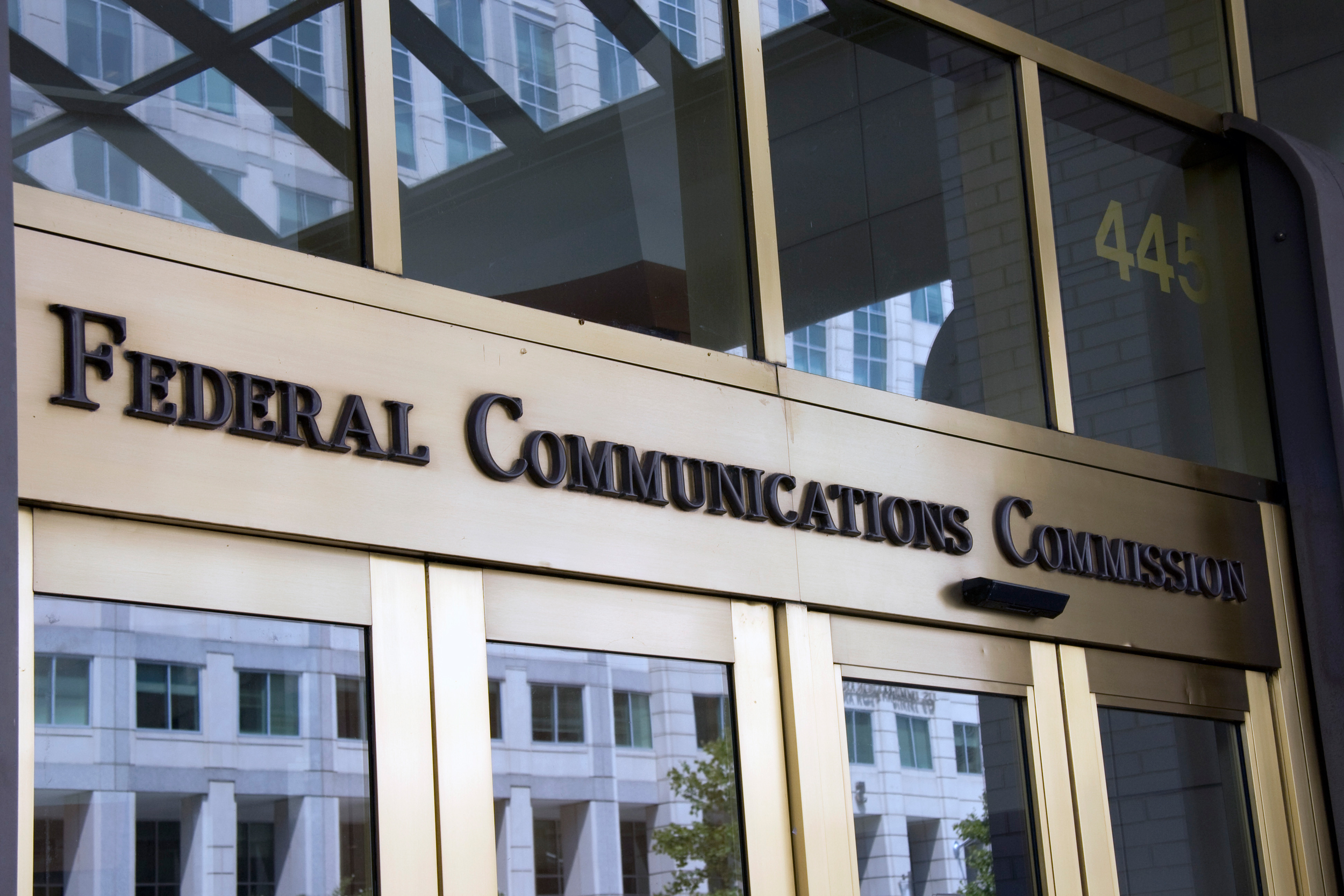FCC Opens Window for Displaced Rural LPTVs

The smarter way to stay on top of broadcasting and cable industry. Sign up below
You are now subscribed
Your newsletter sign-up was successful
The FCC is letting rural LTPVs and translator stations displaced by the FCC's post-incentive auction repack start applying for new channels.
Neither the channels of LPTVs nor translators, which extend TV station signals to hard-to-reach areas, were protected in the repack, which meant they could be displaced by full powers in the repack.
Related: FCC Cancels LPTV/Translator CP Auction
The FCC allowed for some applications for new rural stations and modifications, then suspended that in advance of the incentive auction since it didn't make sense to start that process when the stations might be displaced by the broadcast incentive auction and have to move or adjust again. But with the repacking well on its way to a mid-2020 conclusion, the FCC decided it was time to unfreeze the application process and let the stations progress toward available in-core, post-auction, channels.
The application window opened Monday (Dec. 2). To be eligible to apply, an applicant must have a pending application for a new digital LPTV or translator and have been displaced by the auction and repack.
It must also: (1) be subject to displacement by a full power or Class A television station on the repacked television band (channels 2-36) as a result of the Incentive Auction and repacking process, (2) have proposed a frequency repurposed for new, flexible use by a 600 MHz Band wireless licensee, or (3) have proposed a frequency that will serve as part of the 600 MHz Band guard bands (which includes the duplex gap).
Rural is defined as at least 75 miles from one of the 100 largest cities.
The smarter way to stay on top of broadcasting and cable industry. Sign up below
Applicants whose filings are mutually exclusive will be given a chance to settle among themselves, otherwise they will have to bid against each other.
Contributing editor John Eggerton has been an editor and/or writer on media regulation, legislation and policy for over four decades, including covering the FCC, FTC, Congress, the major media trade associations, and the federal courts. In addition to Multichannel News and Broadcasting + Cable, his work has appeared in Radio World, TV Technology, TV Fax, This Week in Consumer Electronics, Variety and the Encyclopedia Britannica.

